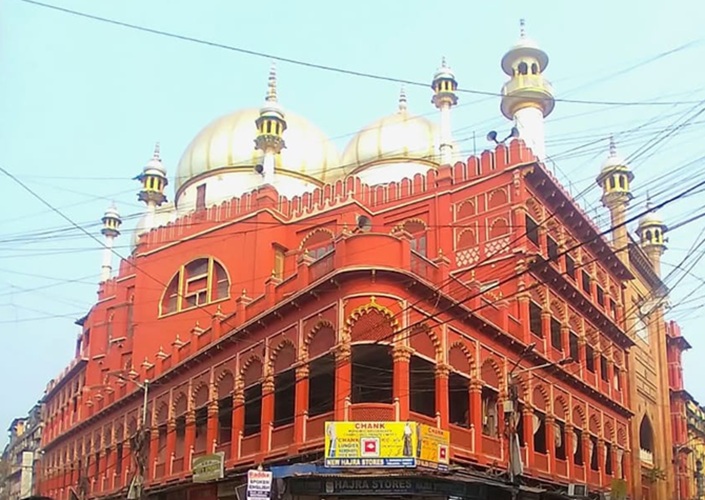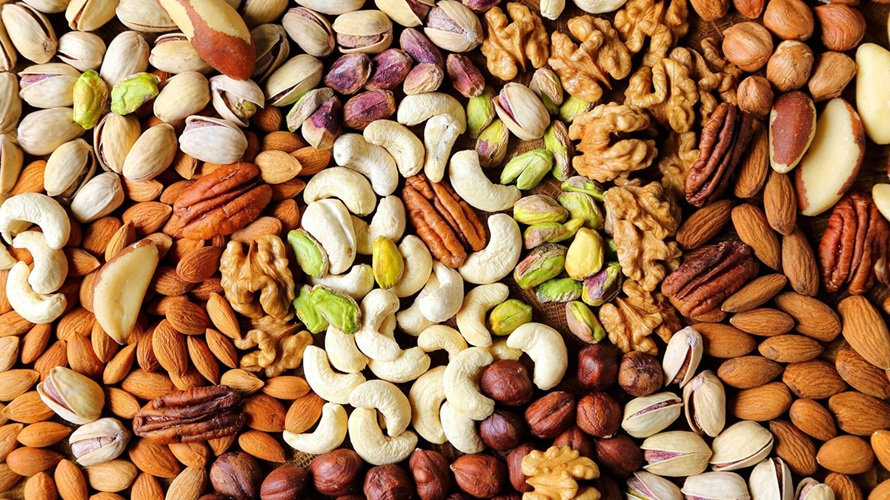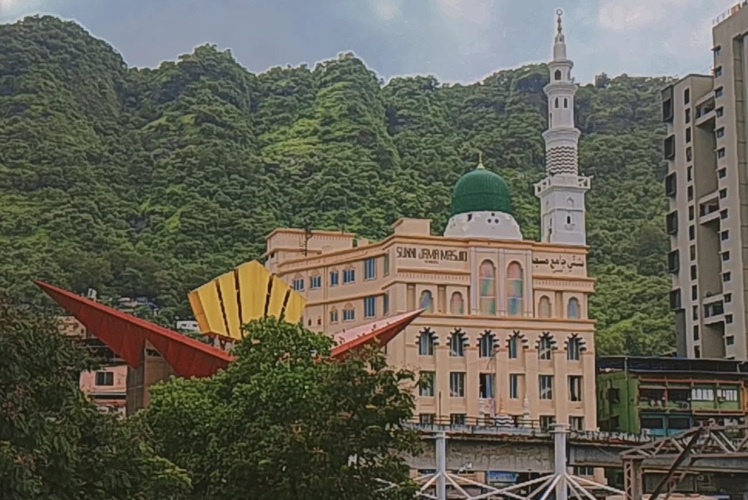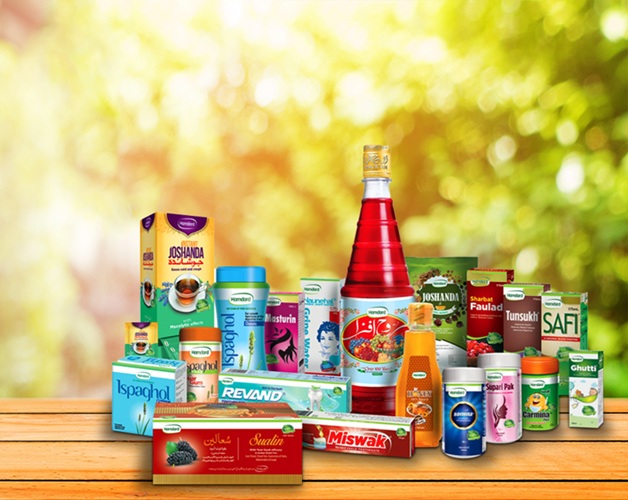Maeeshat News Network | Kolkata
Kolkata, the cultural capital of India, is a city of diverse neighborhoods, each with its unique character and economic significance. Among these, Kolu Tola (also known as Colootola or Kolutola), a historic Muslim-majority area in central Kolkata, stands out as a bustling hub of commerce and culture. Located near Chitpore and Bowbazar, Kolu Tola has long been a centre of trade, artisanship, and community life, particularly for the Muslim population.
Kolu Tola’s history is deeply intertwined with Kolkata’s evolution as a commercial and cultural centre. The area emerged as a significant settlement for Muslim communities following historical events like the defeat of Tipu Sultan and the migration of Muslim families from North India after the Sepoy Mutiny of 1857. These communities, including artisans and traders, established themselves in Kolu Tola, contributing to its vibrant socio-economic fabric. The area is known for its close-knit neighborhoods, or paras, and its rich tradition of adda, which foster community ties and cultural exchange.
Today, Kolu Tola is a melting pot of Bengali Muslims, Urdu-speaking Muslims, and other communities, reflecting Kolkata’s diverse demographic landscape. With a Muslim population of approximately 20.6% in Kolkata, Kolu Tola is a key hub for the city’s Muslim community, which numbers around 15,26,414 in the city proper.
Kolu Tola’s strategic location in central Kolkata, near major commercial areas like Burrabazar and MG Road, makes it a prime spot for business. The area is renowned for its wholesale and retail markets, particularly for textiles, leather goods, and traditional crafts. Small-scale industries, such as tailoring, embroidery, and food processing, thrive here, driven by skilled artisans and entrepreneurs.
The rise of the global halal industry, valued at USD 2.3 trillion annually, presents significant opportunities for Kolu Tola’s businesses. The area’s Muslim-majority demographic aligns well with the growing demand for halal products, including food, cosmetics, and pharmaceuticals. Local businesses are increasingly tapping into this market, catering to both Muslim and non-Muslim consumers who value ethical and permissible products.
Additionally, Kolu Tola’s proximity to Kolkata’s port and its role as a commercial hub for eastern India enhance its appeal for trade and logistics. The area hosts numerous small and medium enterprises (SMEs), which contribute to Kolkata’s GDP of USD 220 billion (as of 2024). Sectors like textiles, jute, and food processing dominate, with many businesses catering to domestic and international markets.
The business landscape in Kolu Tola is characterized by a mix of traditional and modern enterprises. The area’s markets, such as Zakaria Street and Phears Lane, are famous for their vibrant food stalls, spice shops, and textile outlets. Zakaria Street,in particular, transforms during Ramadan into a bustling night market, attracting thousands for its street food and festive goods, contributing significantly to the local economy.
The growth of Kolu Tola’s business sector is driven by several factors:
- The increasing purchasing power of the Muslim community, fuels demand for diverse products and services.
- The proliferation of digital platforms has enabled Kolu Tola’s businesses to reach wider markets. E-commerce and social media marketing are helping local artisans and traders expand their customer base beyond Kolkata.
- Kolu Tola’s cultural landmarks, such as the Nakhoda Masjid, draw tourists and locals alike, boosting retail and hospitality businesses. The global Muslim travel market, valued at USD 133 billion in 2022, offers opportunities for tourism-related ventures in the area.
The area’s business ecosystem is growing at a steady pace, with SMEs leveraging Kolkata’s position as a financial and commercial hub. The Calcutta Stock Exchange, India’s oldest bourse, underscores the city’s economic significance, and Kolu Tola benefits from this broader economic environment.
Despite its potential, Kolu Tola faces several challenges that hinder its growth:
- Narrow streets, traffic congestion, and outdated infrastructure limit the scalability of businesses. The Kolkata Municipal Corporation (KMC) is working to improve civic amenities, but progress is slow.
- Housing discrimination against Muslims in Kolkata, as noted in studies, often restricts their access to prime commercial spaces, forcing businesses to remain concentrated in areas like Kolu Tola. This involuntary segregation can limit market expansion.
- In the halal industry, the lack of standardized certification processes poses challenges for businesses aiming to compete globally. This is compounded by limited data on consumer preferences, making it difficult to tailor products effectively.
- While the Muslim community’s purchasing power is rising, economic disparities within the community can limit the scale of local businesses. Many enterprises remain small-scale due to limited access to capital and modern technology.
The Muslim Population and Market in Kolu Tola
Kolu Tola is a microcosm of Kolkata’s Muslim population, which constitutes 20.6% of the city’s 4.5 million residents. The area is predominantly inhabited by Bengali Muslims, with a smaller Urdu-speaking community. This demographic diversity drives a vibrant market for halal products, Islamic fashion, and cultural goods.
The Muslim market in Kolu Tola is dynamic, catering to both local and regional consumers. Key segments include:
- Zakaria Street’s food stalls are a major draw, offering halal-compliant dishes like biryani, kababs, and sweets. The global Muslim food market, valued at USD 1.4 trillion in 2022, underscores the potential for growth in this sector.
- Kolu Tola’s markets are known for modest fashion, including hijabs and traditional attire, aligning with the global modest fashion market worth USD 318 billion.
- Shops selling prayer mats, Quranic literature, and Islamic artifacts thrive, especially during festivals like Eid ul Fitr, Eid ul Adha and Ramadan.
Kolu Tola’s future as a business hub looks promising, but strategic interventions are needed to overcome challenges. Investments in infrastructure, such as better roads and digital connectivity, can enhance business efficiency. Promoting halal certification standards and providing access to microfinance can empower small-scale entrepreneurs. Additionally, fostering inclusive housing policies can help reduce segregation and open new markets for Kolu Tola’s businesses.
Collaboration with digital platforms and tourism boards can further boost the area’s visibility. By leveraging Kolkata’s status as a cultural and commercial hub, Kolu Tola can position itself as a key player in the global halal economy, catering to both Muslim and ethical consumer markets.






0 Comments